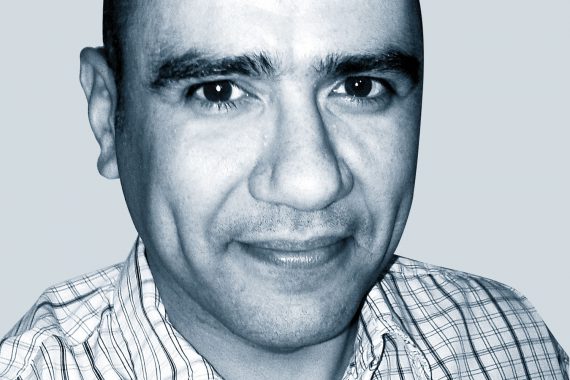A super-partnership helps us adapt for the future

Within each cell of the human body there are a multitude of tiny organelles. These compartmentalised functional parts are enclosed and the cells that form solid organs group together. The organs are then co-ordinated themselves within the body. It’s almost like the armed forces. Individual soldiers are part of battalions or regiments, which are in turn part of brigades. An individual soldier is nowhere near as effective as a group of like-minded ones.
When the NHS was first created in 1948, general practitioners elected to remain as independent practitioners. The majority of GPs were single handed, working on their own, but as medicine, contracts and conditions evolved it became more attractive for GPs to form partnerships with each other.
There are still highly autonomous GPs who work singlehandedly, providing their patients with unrivaled continuity of care, one of the most valuable cornerstones of effective general practice. Some GP surgeries try to maintain this continuity by having personal lists within a partnership. Though this can perhaps only work best with those that work for increasingly unfashionable full time hours in order to give their patients enough access. Overall, though, the vast majority of GP partners work in partnership with others. Over recent years it seems to be a viable option to meeting the demands of patients, central contracts, regulation and local bureaucracy.
Our Health Partnership provides a potential mechanism for adapting to new ways of working on the horizon
If GP partnerships are the organs made up of cellular GP partners, or the battalions of the front line primary care foot soldiers, then larger GP networks are the ‘higher order’ organisations of the body and brigades for the respective analogies. Many would argue that the conditions and demands of working in general practice will necessitate, sooner or later, the consideration of forming larger organisations, such as federations, super-practices and super-partnerships.
And to that end the UK’s biggest super-partnership, Our Health Partnership, recently presented its newly elected management board, its hope and vision to a good proportion of its 149 partners, from 32 practices across the Midlands. In a period of just nine months we have constructed a legal and financial framework to create an overarching partnership that covers 275,000 patients, with the aim of maintaining and improving the standard of care for our patients, with each practice retaining its own personal list.
Stirring speeches on the night by Prof Chris Ham of the King’s Fund and GPC Chair Dr Chand Nagpaul reminded us that the aim of Our Health Partnership is not to make savings through working at scale, though it can only function if it does this, but that it provides a potential mechanism for adapting to new ways of working on the horizon and mechanisms for improving the working conditions of our staff through the solidarity of sharing the burden bureaucracy and regulation.
Dr Samir Dawlatly is a GP in Birmingham, managing partner and board member of Our Health Partnership and co-clinical director of QCAPS Referral Improvement Programme
Pulse July survey
Take our July 2025 survey to potentially win £1.000 worth of tokens











